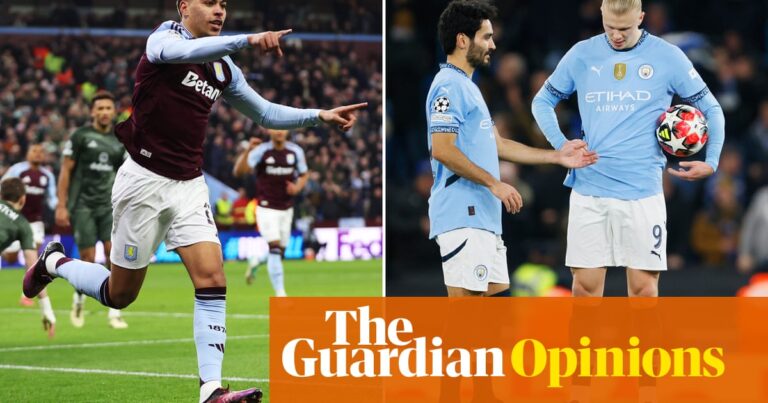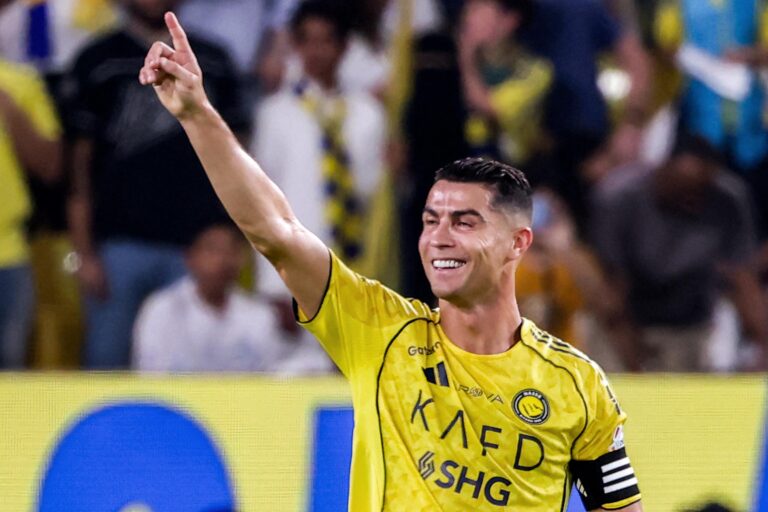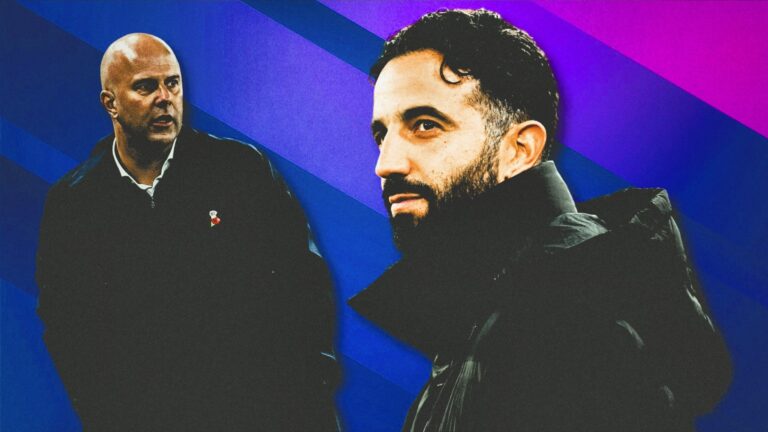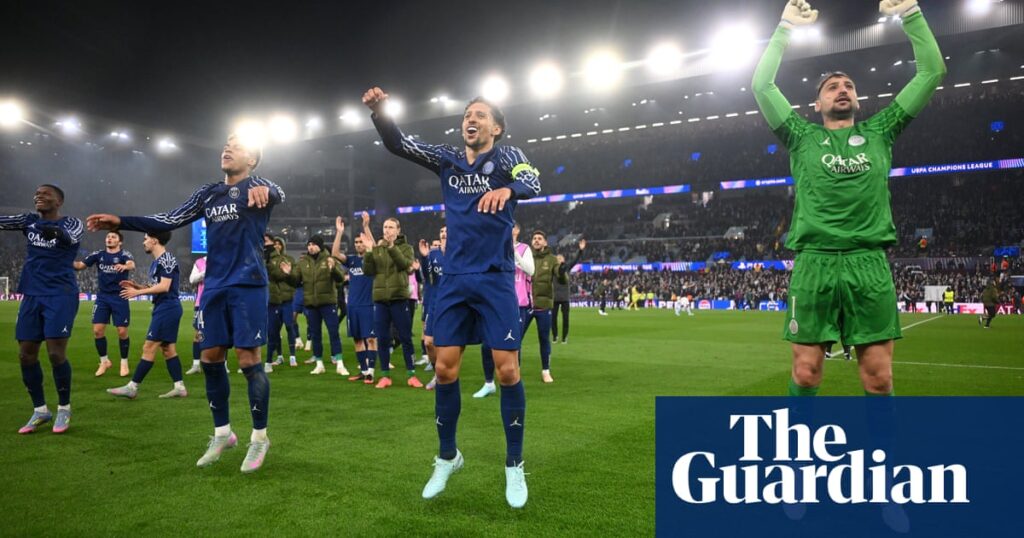
Luis Enrique had one word to describe Gianluigi Donnarumma. “Sensationnel,” the Paris Saint-Germain manager said, switching briefly into French from his native Spanish; no translation required.
Donnarumma was the difference for PSG against Aston Villa on Tuesday night, the goalkeeper making five saves in the Champions League quarter-final second leg at Villa Park, three of them, well, sensational, as his team just about got the job done, losing 3-2 on the night having been 2-0 up but advancing 5-4 on aggregate.
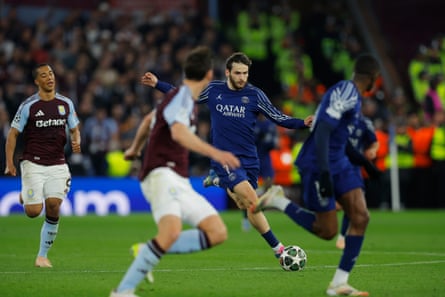
PSG have dominated domestically, wrapping up the league title and winning through to the Coupe de France final, where they will face Reims. They have yet to lose in either competition. But the Champions League is another level and it has revealed a few vulnerabilities.
The broader takeaway is that thrilling and flawed is good; jeopardy the same. It can be difficult for the neutral to warm to expensively assembled squads that bulldoze all before them, especially when they are loaded with megastar individuals. For the first time since Nasser al-Khelaifi and his Qatar Sports Investments group took a majority stake in PSG in the summer of 2011, the club has a seriously popular team.
It is because they are one in the truest sense, no more Lionel Messi, Neymar and Kylian Mbappé, the impossible-to-accommodate “three kings” as the former manager Mauricio Pochettino once called them. But mainly it is because of their outlook, how they look to play.
after newsletter promotion
Make no mistake, Luis Enrique wants to hog the ball, he wants to pass the opposition to death, with Vitinha setting the tone in front of the back four. Luis Enrique is obsessed with hard work, with discipline. Remember how he dropped Ousmane Dembélé for the Arsenal game after the forward, surely the squad’s highest‑profile player, fell short of showing the team ethic that is demanded? But it is the creative licence which Luis Enrique has granted that sets this group apart.
There is an argument to say that PSG are the most watchable team in Europe at present, even in defeat over 90 minutes. It is because of how Luis Enrique encourages his players to make their moves in the one-v-ones, starting with the full‑backs who he plays daringly high and majoring on those in the front three.
There is an old-school vibe to Dembélé and Bradley Barcola, to Khvicha Kvaratskhelia and Désiré Doué. In a game where structured systems stuff is taking over, PSG are an antidote. They are a team to save football from itself.
In the early days of the QSI project, Khelaifi told the Guardian that he wanted to invest in young players, to develop PSG’s infrastructure and to market the club as an international brand. He has delivered. PSG opened a state‑of-the-art training campus last November and have pushed themselves on the fashion front, helped by a collaboration with Nike and Michael Jordan. They have stores on Oxford Street in London and Fifth Avenue in New York, among other cities.
The domestic titles have been harvested; this season’s is No 11 for QSI. But what has eluded them is the Champions League. Before their takeover, PSG had next to no pedigree in the competition, their only impact having been the bolt to the 1994-95 semi-finals with Luis Fernández’s team of George Weah, Raí and David Ginola.
PSG secured qualification back into it in QSI’s first season and they have since been an ever-present in the knockout rounds. Before this campaign, they had five last‑16 finishes, four quarter-finals, two semi-finals and one final – the defeat by Bayern in 2020.
It is fair to say that PSG’s various demises were not greatly mourned outside their fanbase, but there is a different energy around things now; an interest, an admiration. Qatar is enjoying the reflected glory. PSG edge ever closer.

